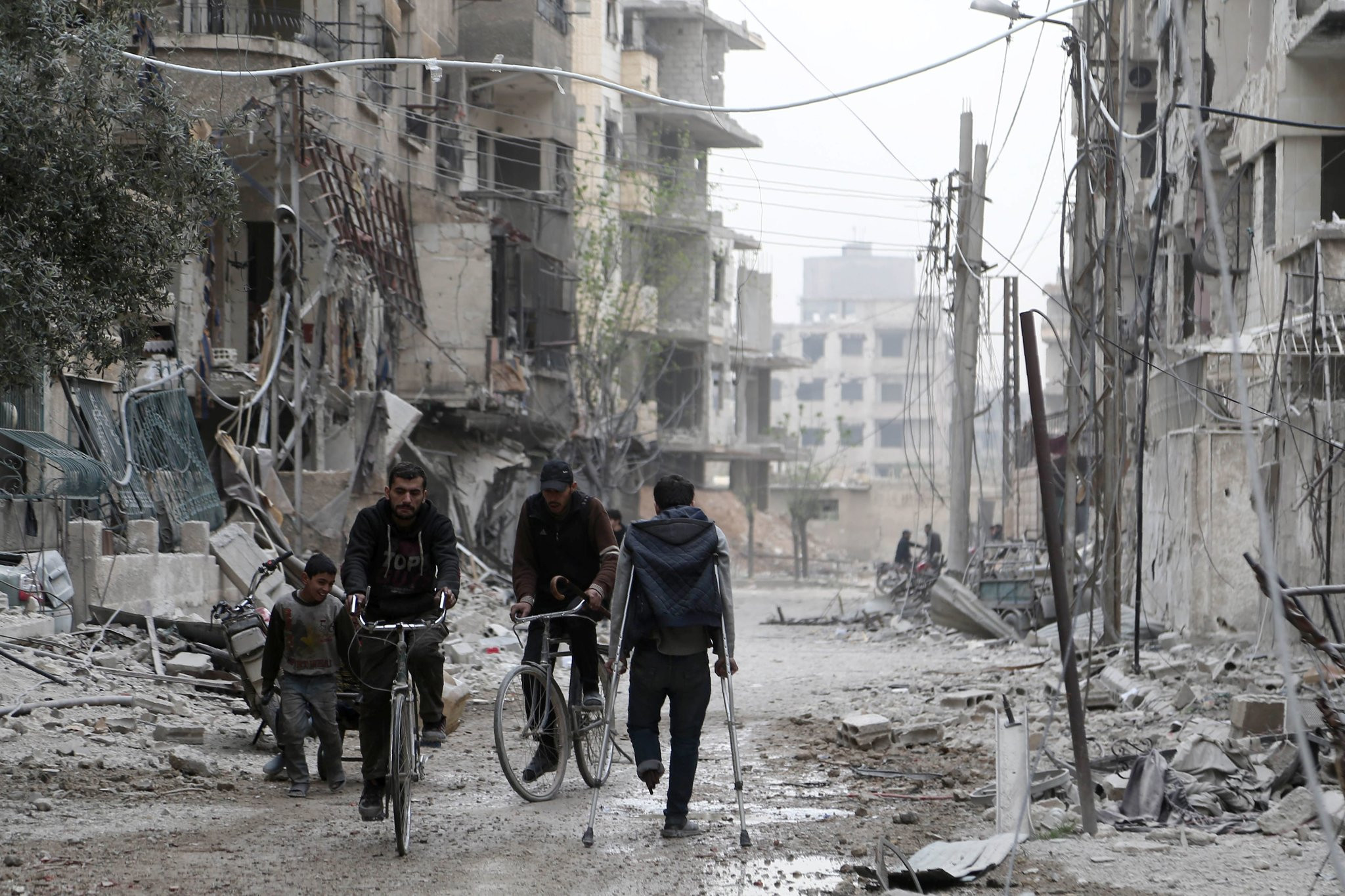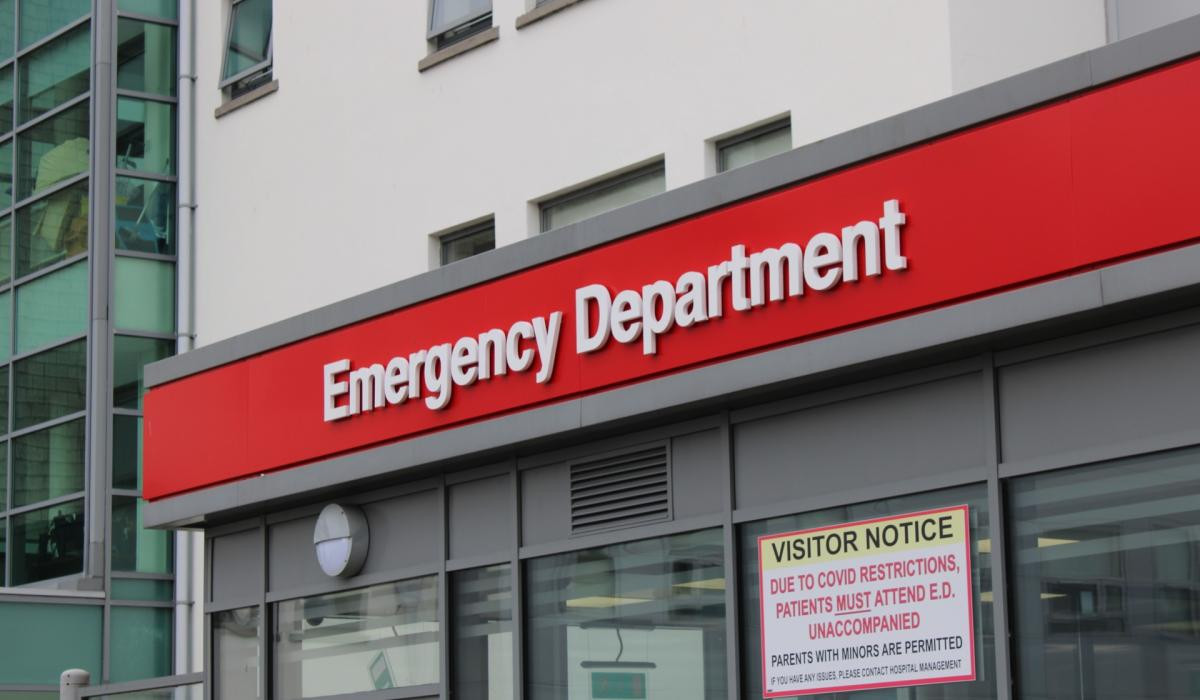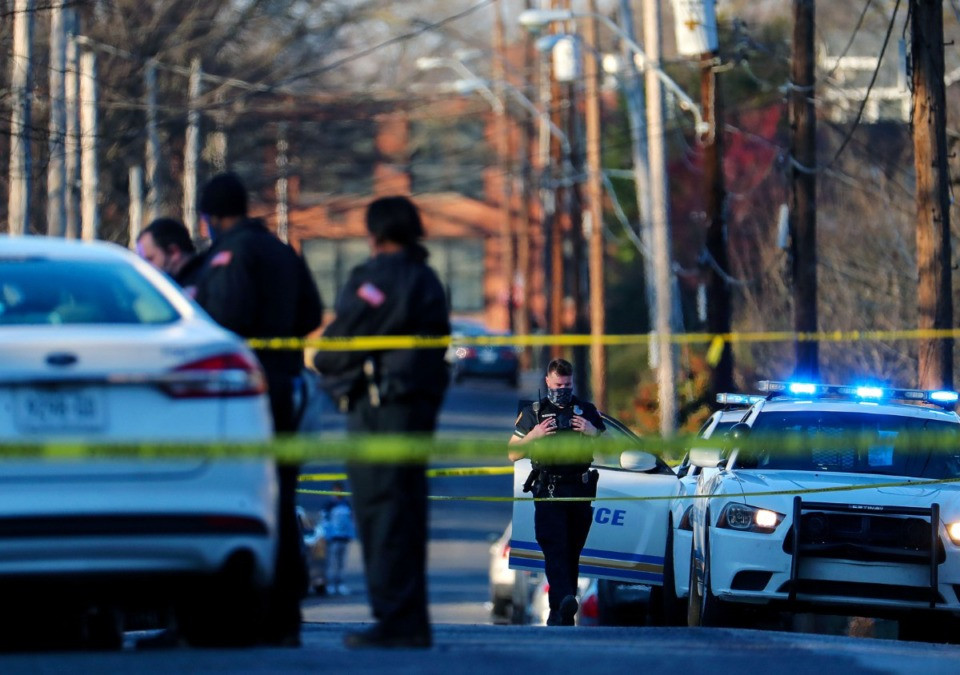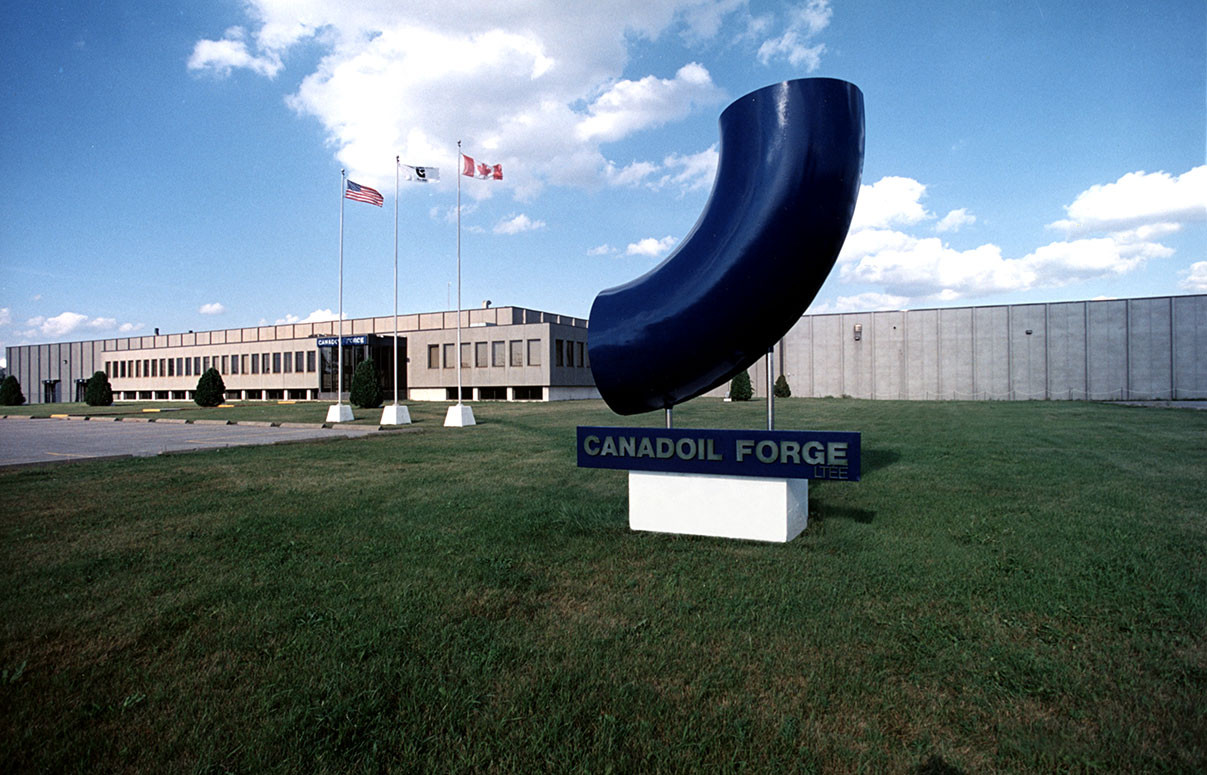Aleppo Under Siege: A Decade-Long Stalemate Shattered
A surprise attack launched by rebel forces on Friday has thrown Syria's second-largest city, Aleppo, into chaos. Almost a decade after government forces, backed by Russia and Iran, drove rebels from the city, Islamist militant group Hayat Tahrir al-Sham spearheaded a significant incursion, marking the most significant challenge to President Bashar al-Assad’s regime in years. The offensive, beginning on Wednesday, swiftly progressed, seizing control of substantial portions of Aleppo, effectively reigniting a conflict largely dormant since 2020.
The Rebel Offensive and Its Impact
The insurgent force, operating under the umbrella of a newly formed coalition called the “Military Operations Command,” launched their offensive on Wednesday. The coalition comprises a wide range of opposition fighters, including Islamist factions and moderate groups. The speed and success of their advance appear to have caught the Syrian army off guard, with several residents reporting minimal urban fighting. By Saturday morning, Footage verified by CNN and accounts from residents confirmed the rebels' control over significant areas of Aleppo, including key locations such as the city citadel. One video even shows armed men at a central square waving an opposition flag and shouting “God is great” in Arabic.
Rebel Gains and Strategic Implications
The rebels' swift advances extended beyond Aleppo, capturing numerous towns and villages in the surrounding province. Their success highlights a possible lack of preparedness on the part of the Syrian army, particularly concerning the relative absence of Iran-backed manpower in the broader Aleppo province. This shortage, possibly a consequence of the ongoing conflicts between Iran and Israel, created an opening for the rebels. The insurgent commander, Lt. Colonel Hassan Abdelghani, declared their goal as "liberating occupied territories" from the "criminal regime" and allied Iranian militias.
The Response: Airstrikes and a Counteroffensive
In response to the escalating rebel offensive, the Syrian government and its allies retaliated. Russian and Syrian warplanes launched aerial bombardments targeting insurgent-held areas in Aleppo and Idlib provinces. The Syrian military, initially denying the rebels’ presence in the city, later admitted their presence and announced a strategic redeployment to bolster defense lines, preserve civilian lives, and prepare a counteroffensive. This redeployment indicates a shift in military strategy, suggesting a desire to consolidate forces for a subsequent counterattack rather than engaging in direct urban combat.
International Condemnation and Humanitarian Concerns
The conflict has drawn condemnation from several international bodies. Moscow, a key Assad ally, officially declared the rebel incursion a violation of Syrian sovereignty. The Kremlin's spokesperson emphasized their support for the Syrian authorities to restore order. The UN, citing reports from the Syrian Civil Defence, reported civilian casualties caused by airstrikes on residential areas and crucial infrastructure like petrol stations and schools in Idlib. The ongoing conflict has also led to the closure of Aleppo airport and all roads leading to the city, which is putting a strain on humanitarian efforts and potentially leading to major humanitarian concerns. There is even reported mass exodus from Aleppo.
The Road Ahead: Uncertainty and a Fragile Peace
The sudden resurgence of the Syrian conflict raises grave concerns. The current situation marks a critical juncture, presenting a significant challenge to the relative stability achieved since the 2020 ceasefire. The extent of future escalations remains unclear, and the humanitarian impact could be severe. The international community’s response will be crucial in shaping the course of events. The immediate future looks uncertain, with the potential for widespread violence and displacement looming. The world awaits the outcome of this unexpected and drastic shift in the long-standing conflict.
The rebels' success in capturing much of Aleppo, including key locations such as the city's citadel, represents a significant turning point. Their rapid advance points to potential weaknesses in the Syrian army's defenses and the complex web of geopolitical alliances. Further details are emerging, including evidence of the rebels’ presence in several districts of the city. The international community is monitoring closely.

















